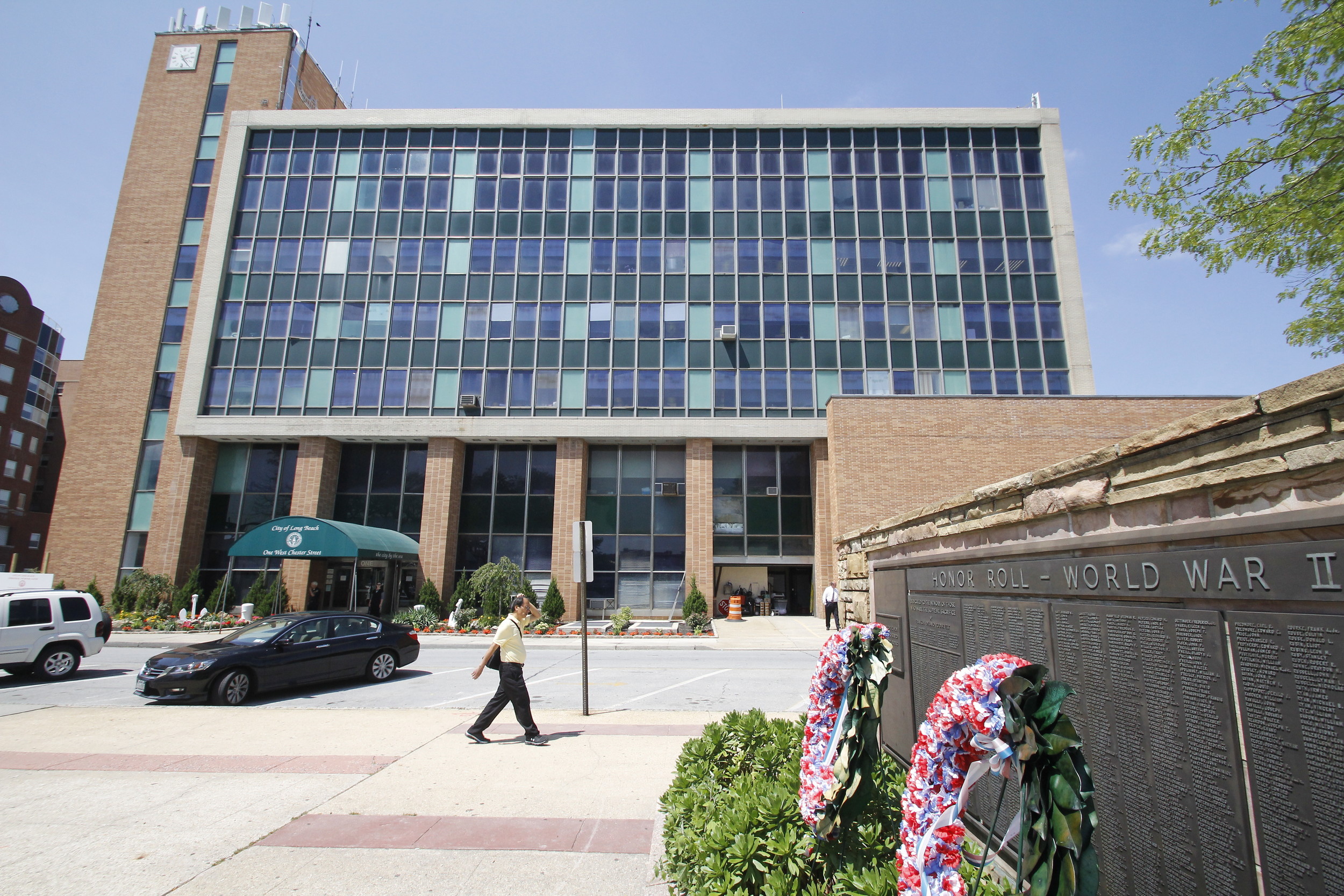Long Beach cracking down on illegal apartments
City targeting 'rooming houses' amid residents’ complaints
The city is cracking down on illegal rental apartments this summer amid complaints by residents, and issued violations to three landlords last month for running “illegal rooming houses.”
The violations come at a time when city officials say they are targeting dwellings that create safety and quality-of-life issues.
Long Beach’s building commissioner, Scott Kemins, said that officials with the city’s Housing Task Force responded to three properties in June after neighbors complained to the Police Department about loud parties, group housing, parking, trash and other issues.
“While there will always be unscrupulous individuals who willingly violate our zoning codes to satisfy their greed,” Kemins said, “we consider enforcement actions against these properties to be a top priority, especially when it affects the safety of the tenants and quality of life of the neighbors.”
Summonses were issued against the property owners of two-family homes at 235 W. Chester St. and 570 Monroe Blvd. and a single-family dwelling at 76 Oregon St., for group rentals and other violations.
“At 235 West Chester and Monroe Boulevard, there were individual rented-out rooms, and the one on Oregon was a group rental to several unrelated people,” Kemins explained, adding that the home on Oregon was known as a “summer party house.”
“It doesn’t matter if it’s a one- or two-family home — it’s not meant for individual, rented-out rooms,” he stressed. “It’s something our code doesn’t allow, and [that] affects residents’ quality of life. There can be safety conditions depending on too many people in the house.”
Inspectors also found communal kitchens and illegal basement apartments with individual rented rooms, which created hazardous conditions for tenants and first responders, Kemins said, adding that the city prohibits rentals for fewer than 30 days and allows no more than two unrelated people to share a residence.
“Typically, they’re absentee landlords and there are fines,” Kemins said. “We’ve received a lot of complaints, and when we do find [illegal dwellings], we issue summonses to the owners.”
The fines can range from $1,000 to $10,000, he said, and property owners are also required to remediate the code violations.
The Housing Task Force was launched in 2012 with a $30,000 community development block grant, and has slapped dozens of homes with numerous housing violations, for which property owners have appeared in Long Beach City Court. Offenses have ranged from illegal two- and three-family apartments to the creation of rooming houses, garages that were converted into rooms and the operation of a commercial business from a residential building. In many cases, those found guilty of code violations were fined tens of thousands of dollars.
In 2014, a landlord of a two-family home at 120 E. Hudson St. paid what city officials called a record $10,000 fine after he racked up numerous violations for renting illegal apartments that created unsafe conditions for tenants, generated numerous complaints by residents and led inspectors to uncover an incident of animal abuse at the home.
Last year, police responded to a minor tenant dispute at 149 W. Chester St. and discovered hazardous living conditions at the home, where city officials said the landlord was illegally renting nine separate rooms. The landlord was charged with maintaining a rooming house in a residential district and faced more than $20,000 in fines.
“The Housing Task Force has been hard at work since 2012, ensuring that the city’s zoning and building codes are respected,” City Councilman Scott Mandel said in a statement. “The property owners cited in the latest enforcement action serve as the latest example of the city’s continuing resolve to eliminate illegal, substandard housing from our community.”
Kemins added that the city was closely following a proposal by the Town of Hempstead to ban short-term rentals through websites such as Airbnb in its unincorporated areas. Town Supervisor Anthony Santino announced last month that the town was considering prohibiting rentals of fewer than 28 days, and also proposed creating a new registry and permit program for all rentals longer than 28 days, according to Newsday. The town is expected to hold a public hearing on the issue next week.
“With Airbnb, they can be renting out the whole house on a short-term basis, and it becomes a commercial use — it’s becoming a hotel,” Kemins said, noting that none of the recent violations were related to Airbnb or similar services.
Officials urge residents who are aware of illegal apartments to contact the Housing Task Force at (516) 431-1000, ext. 239, or illegalrentals@longbeachny.org.

 49.0°,
Fog/Mist
49.0°,
Fog/Mist 




